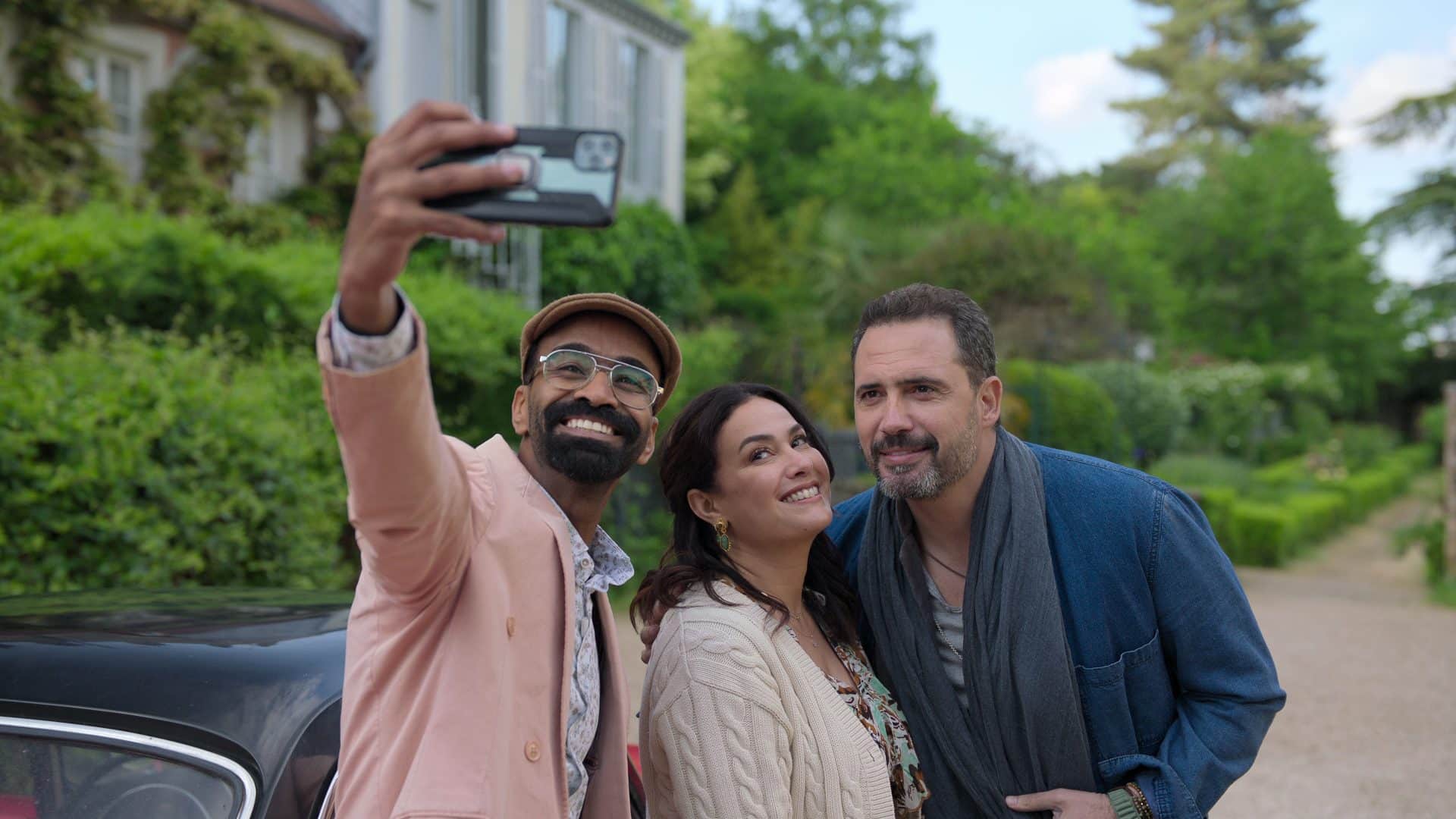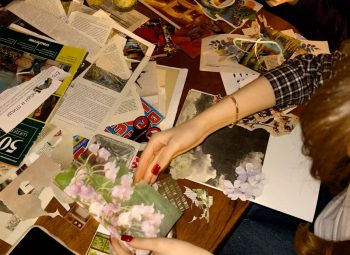Netflix original series's second season of Finding Ola has made its way onto screens, offering fans another glimpse into the life of Ola Abdel Sabour, the character originally introduced in the hit series Ayza Atgawez. However, this time around, Ola's world has shifted significantly, leaving audiences to question whether this new vision has lived up to expectations or fallen flat.
In this detailed review, we explore the highs and lows of the new season, breaking down the elements that worked, the areas that fell short, and the show's lasting impact on its audience.
A Questionable Choice
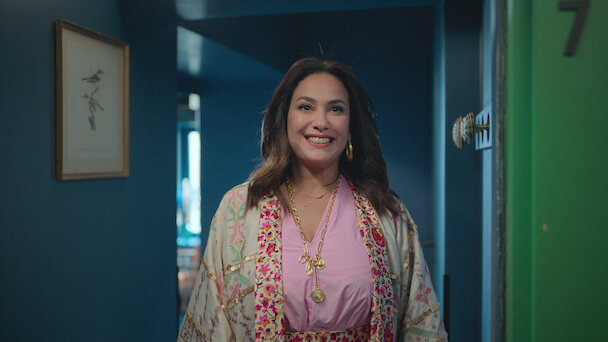
One of the most controversial aspects of Finding Ola is its connection to the beloved comedy Ayza Atgawez. Fans who adored Ola's quirky quest to find a husband in the original series were puzzled by the dramatic tonal shift. Ayza Atgawez was a lighthearted comedy, but Finding Ola dives into much deeper, more serious waters. The transition from a woman desperately seeking a partner to one navigating divorce and financial independence feels jarring, especially for those who cherished Ola's comedic charm.
Had this series been crafted with an entirely new character, it might have stood stronger on its own. The decision to link it to Ola Abdel Sabour feels forced, making it harder for the audience to connect with the new narrative direction. This isn't the carefree comedy many expected, which could explain why some fans struggled to adjust to the show's new tone.
Worthy Binge-Watch

Despite the initial scepticism, Finding Ola proves to be an addictive watch. With six episodes, each running approximately an hour, most viewers may expect to pace themselves. However, as the show progresses, it becomes increasingly difficult to stop watching. The narrative pulls you in, with each episode building on the last, making it easy to devour the entire season in one sitting. The series strikes a unique balance between emotionally charged moments and lighthearted scenes, creating a flow that keeps viewers engaged.
One particularly charming aspect is the opening credits, which feature bloopers from the episode. This small touch immediately lightens the mood and brings a smile to viewers' faces, setting a positive tone even in moments of drama.
A Feast for the Eyes
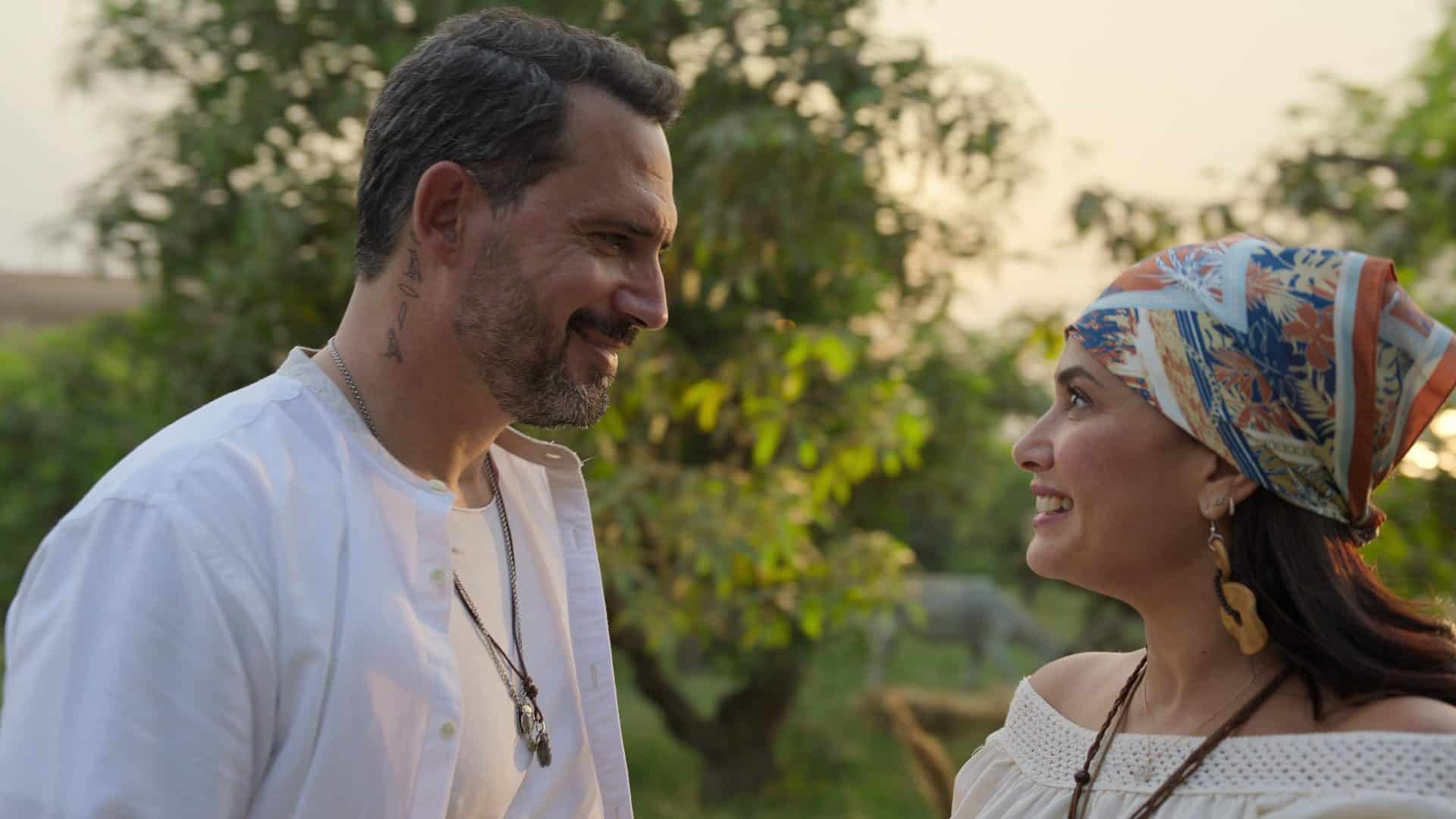
Visually, Finding Ola is stunning. The vibrant colours, soothing music, and picturesque locations elevate the show, making it a visual delight. From the serene farm scenes to the chic settings of the La Maison Bleue Hotel in El Gouna, the aesthetic adds a layer of beauty that complements the storytelling. Hadi El Bagoury's direction shines through as he expertly weaves beautiful, engaging shots that draw viewers deeper into Ola's world.
His mark is most evident in the fifth episode, where his distinct style brings an almost cinematic quality to the screen. El Bagoury's skill at creating emotionally resonant moments without overwhelming the audience is clear, solidifying his reputation as a director who knows how to tell a story in a way that feels effortless yet deeply impactful.
Masterfully Balanced Dramedy
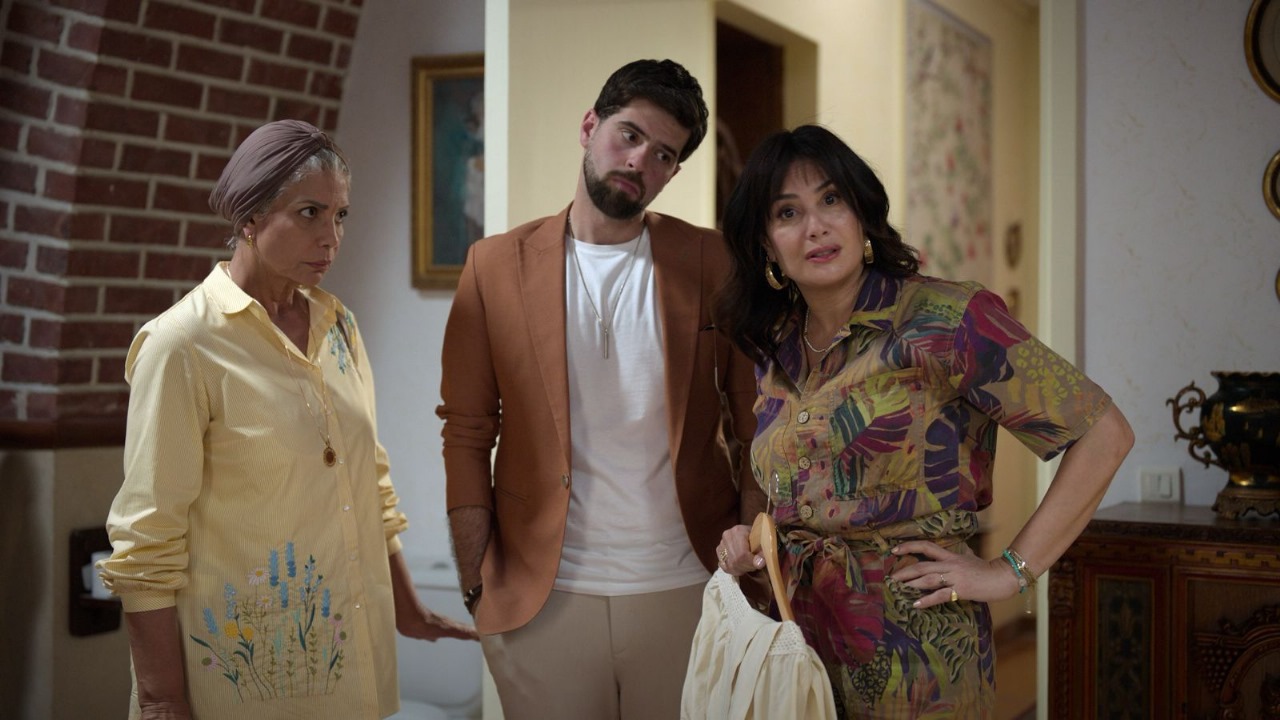
While Finding Ola may not be the comedy fans of Ayza Atgawez were hoping for, it does manage to blend light humour with its heavier themes. The addition of Tarek El Ebiary brings back some of the comedic spirit from the original series, but Mahmoud El Leithy and Sawsan Badr steal the show in terms of comedy. Their performances carry 90% of the humour, delivering perfectly timed jokes and reactions that keep the series from becoming too serious.
On the flip side, the storyline involving Nady Moussa and her love interest falls flat. While it may have been intended to showcase another successful relationship, it ultimately feels unnecessary and detracts from the main narrative. Removing this subplot wouldn't have affected the series in any significant way, highlighting a missed opportunity to streamline the story.
Relationships and Growth
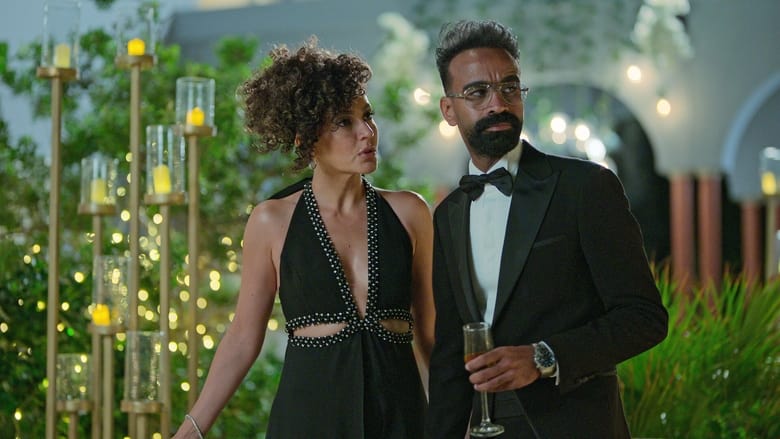
At its core, Finding Ola is about more than just Ola's journey to rebuild her life post-divorce. The series explores the complex dynamics of familial and romantic relationships in a relatable way. Ola's evolving friendship with her ex-husband is a highlight. Their relationship has matured into mutual respect and support, especially as they co-parent their children. This mature, realistic portrayal of post-divorce relationships is refreshing, offering a hopeful narrative that shows how love can evolve into friendship.
The friendships and family dynamics in the series are also well-developed. Ola's son Saleem's relationship with his uncle Hazem stands out as a touching and humorous bond that brings warmth to the show. Meanwhile, Ola's daughter Nadia's evolving friendship with Zeina adds a layer of youthful energy to the narrative. Each character, from Suhair to Nesreen, brings something unique to the table, making the series feel rich in character development.
The French Language Barrier
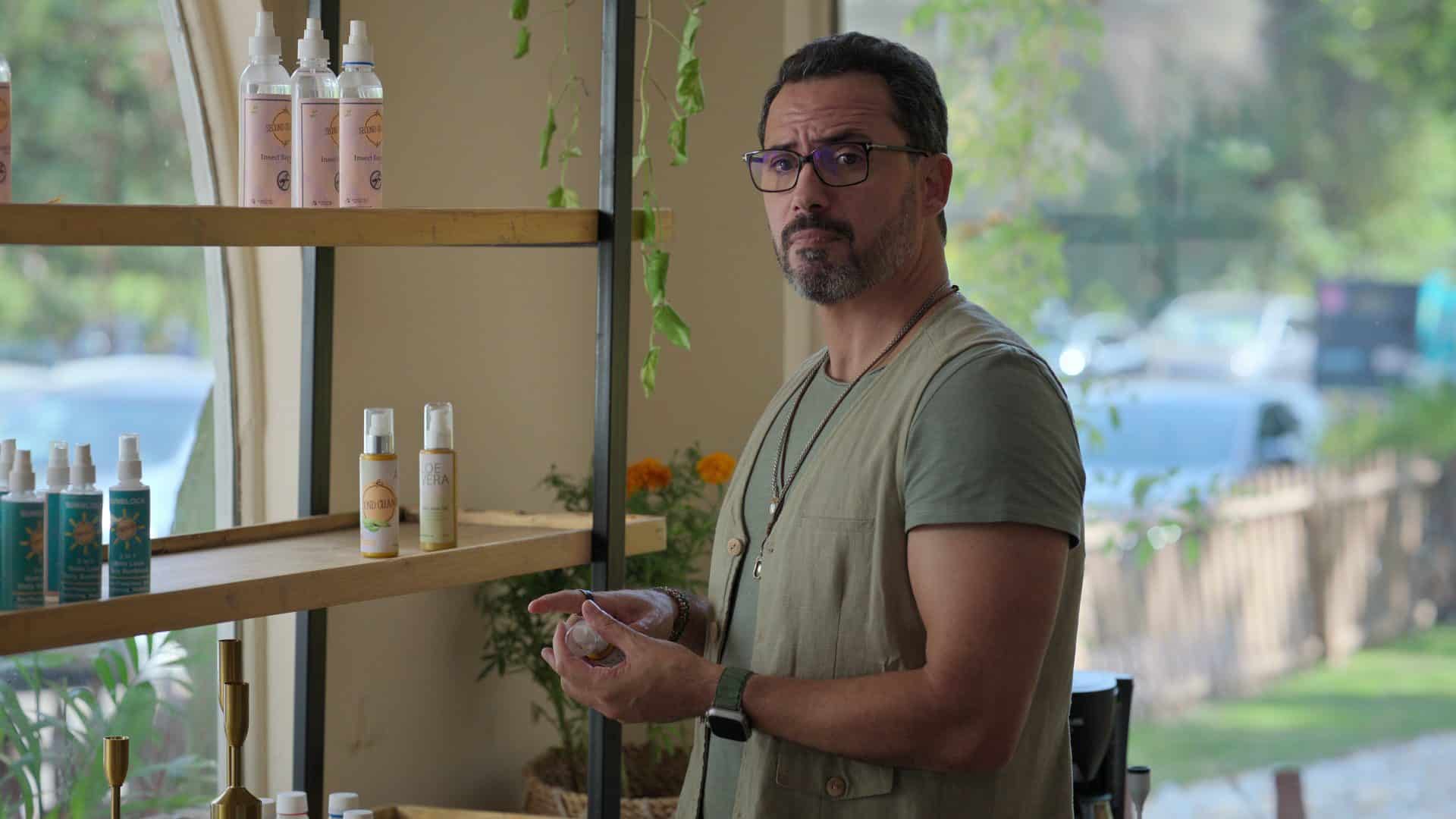
One unexpected element is the heavy use of French. This can create a sense of disconnect for viewers unfamiliar with the language. While it's clear that the show aims to highlight cultural diversity, the amount of French dialogue, coupled with English conversations among children, makes it difficult for Arabic-speaking audiences to fully immerse themselves in certain scenes. This language barrier may have alienated some viewers, but it's a minor issue compared to the overall strengths of the show.
Outshines the First
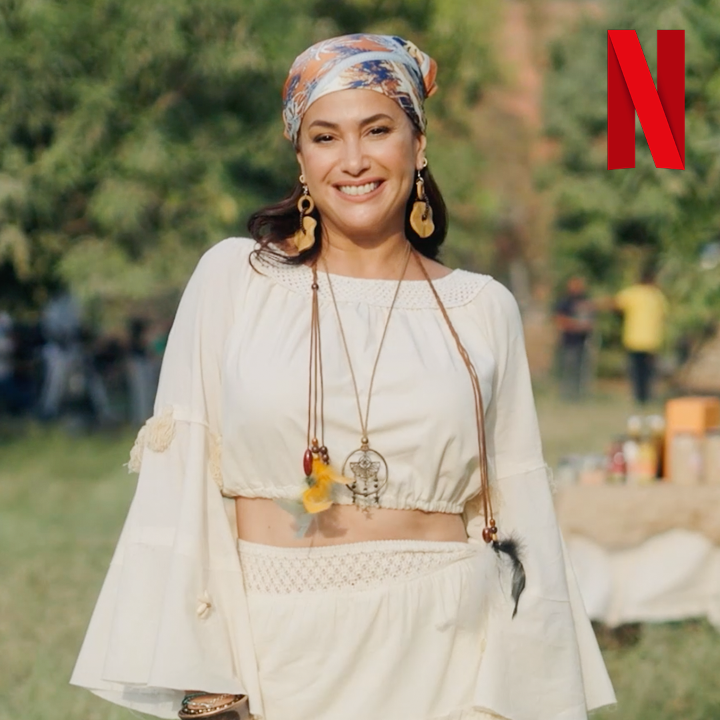
It's safe to say that Finding Ola's second season outshines its predecessor. The storytelling feels more cohesive, the characters are more fleshed out, and the themes are more relatable. While the pacing can be slow at times, the emotional depth and visual beauty keep viewers engaged. This is not just a series about a woman finding herself after a breakup; it's about resilience, growth, and the importance of human connections.

